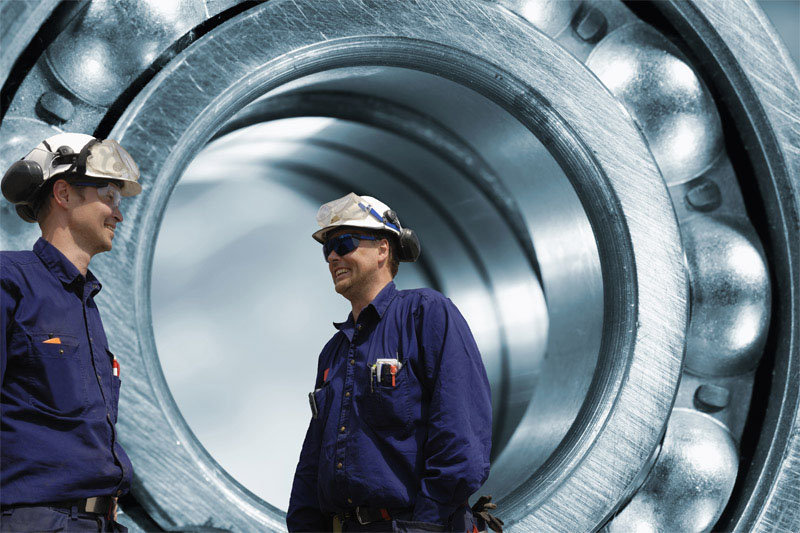The Site Engineers
 Site engineers are considered to be first in line of experienced workers that a construction site can have. They are trained at a university or higher tertiary institutions to be excellent in handling any type of construction work. A site engineer is talented and able to understand every bit of each job so that he or she can direct everyone on what needs to be done. They can take make quick decisions and are the first to be blamed when anything goes wrong on a construction site. A site engineer should be certified before working in any part of Canada. There are unions that ensure that only certified engineers work on a construction site.
Site engineers are considered to be first in line of experienced workers that a construction site can have. They are trained at a university or higher tertiary institutions to be excellent in handling any type of construction work. A site engineer is talented and able to understand every bit of each job so that he or she can direct everyone on what needs to be done. They can take make quick decisions and are the first to be blamed when anything goes wrong on a construction site. A site engineer should be certified before working in any part of Canada. There are unions that ensure that only certified engineers work on a construction site.
Site Engineers Jobs Calgary
Site engineers are trained to handle the testing, adjusting and balancing of any type of mechanical system and then service them. They can easily create a three dimensional drawing that can be fully integrated into Building Information Modeling (BIM). They can also weld material on a site. In Canada, the work of a technician is vast, especially in a construction company. A engineer is someone who is proficient in the techniques and skills needed with a practical understanding of the technical and theoretical construction work principles. An experienced engineer is expected to understand a lot of technicalities when it comes to theory and proficiency in construction, compared to the average laymen. There are different jobs that an engineer is expected to perform on a construction site. He is expected to be the one who can find the problems and figure out solutions, for perhaps the audio, computer and even mechanical equipment.
Waterford Station is the name of a new development being built up by Sylvan Lake, Alberta. There are plans to start a new community on the edge of town completely from scratch so there will be work for every type of construction worker. Check out this video to see what the development is all about.
